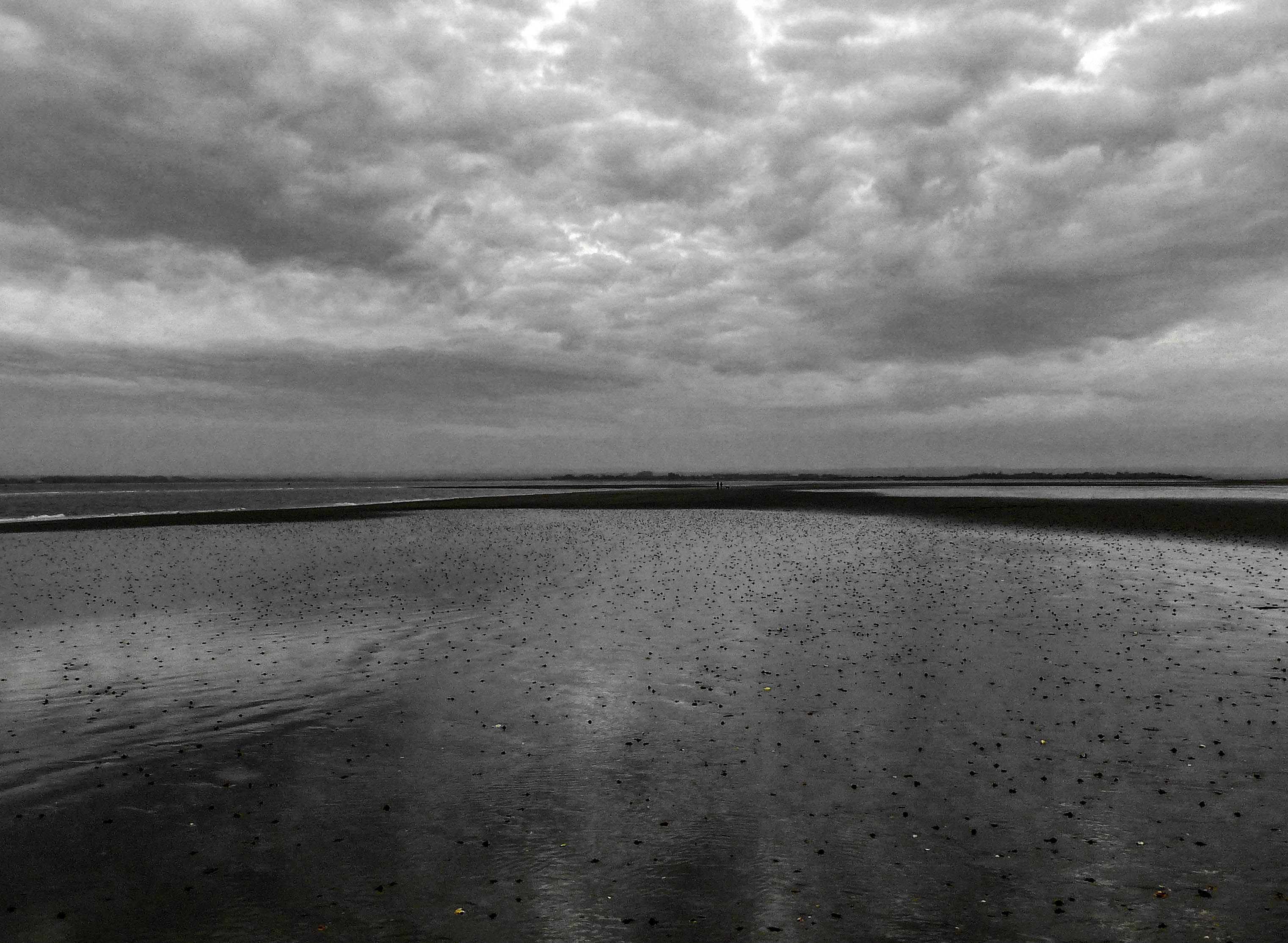2017: More than a troubling year?

There are many issues arising from security challenges in 2017, and those examined here would appear to be the most serious, not least in relation to long term trends.
Summary
2017 has been a deeply troubling year for international security. Geopolitical tensions between established and aspiring nuclear powers returned with a vengeance, US, Russian, European and Middle Eastern powers doubled down on their roles in foreign wars, and the Trump administration attempted to restore climate change denial to the international mainstream. Yet some hope for 2018 springs from the growing popular and political backlash to extreme economic inequality and tax avoidance, as well as the accelerating technological transition from fossil fuels to sustainable energy sources. As for hard security, the prospects for 2018 are very troubling indeed.
Introduction
Oxford Research Group is concerned with analysing and promoting non-military responses to security challenges and argues that there are increasingly three primary drivers of international conflict. These are: deepening socioeconomic divisions with consequent mass marginalisation; environmental limits of human activity, especially climate disruption; and a global security culture rooted in the control paradigm, a belief that military responses are usually required. This end-of-year briefing draws on this analysis and includes assessments of the first two factors, but most of the emphasis is on the third. This, in turn, concentrates on two major concerns: Western responses to paramilitary violence since the 9/11 attacks and the changing nature of war, especially the move towards remote warfare.
Socioeconomic Divisions
The central issue with socioeconomic divisions is that they are widening as income inequality increases, and this is on top of long-term divisions. According to the 2018 World Inequality Report, in terms of income, between 1980 and 2016 the richest 1% took 27% of the world’s income and the poorest 50% got just 12%.
The Report found that “inequality within world regions varies greatly. In 2016, the share of total national income accounted for by just that nation’s top 10% earners (top 10% income share) was 37% in Europe, 41% in China, 46% in Russia, 47% in US-Canada, and around 55% in sub-Saharan Africa, Brazil, and India. In the Middle East, the world’s most unequal region according to our estimates, the top 10% capture 61% of national income.”
Income inequality is one measure of overall inequality since personal wealth is also distributed in a very unequal manner, but what is most significant is that, according to the Report, “Income inequality has increased rapidly in North America, China, India, and Russia. Inequality has grown moderately in Europe. From a broad historical perspective, this increase in inequality marks the end of a post-war egalitarian regime which took different forms in these regions”. This is the context for developments during 2017, in which there was little evidence of the narrowing of the divide. Indeed, in the United States, Congress has just voted in major tax changes that would benefit large corporations and rich individuals the most.
At the same time there were a number of indications of the growing awareness of the dangers of the divisions. Following the earlier publication of the “Panama Papers” detailing the use of tax havens and other methods of tax avoidance, an even larger volume of material was published following a leak to the German newspaper, Süddeutsche Zeitung and subsequent work by 380 journalists from 96 media organisations coordinated by the US-based International Consortium of Investigative Journalists.
These “Paradise Papers” led to further calls for stronger controls over tax havens and other avoidance systems and there were early indications of modest moves in the European Union and Australia. The UK government, which bears ultimate responsibility for the practices of such overseas territories, Crown dependencies and offshore financial centres as Jersey, the Cayman Islands and British Virgin Islands, seems disinclined to alter its approach. Some indication of the controversial nature of the leaks was then shown by the decision of the key offshore company involved, Appleby, to launch legal proceedings against the Guardian and the BBC for breach of confidence.
Also relevant was the manner in which a change in public mood was evident, not least in the UK, in contrast to the previously dominant response to the 2008 financial crisis of public rescue of private financial institutions followed by a decade of austerity. Some political parties of the left were now arguing that there were alternatives and that the austerity path was essentially ideological. In more general terms, though, these were relatively small indicators of possible change, although NGOs and individual researchers in many countries have increasingly challenged conventional economic thinking, even if the direct impact on policy has so far been very limited.
Environmental Limits
Although problems of food resources and water supplies remain critical, they relate increasingly closely to climate disruption stemming from the release of fossil carbon into the atmosphere in the form of carbon dioxide and methane. In some respects the problem is greater than it was at the start of 2017 in that climate change denial by Russia has been much exacerbated by the election of President Donald J Trump in the United States. There was a certain irony in that in mid-December President Trump announced a new national security strategy which almost entirely downgraded climate disruption as a problem on the very day that the most substantial forest fire disasters for decades were affecting many part of the western United States.
Even here, though, there are indications that the impact of Trump may be less than feared for several reasons. One is that within the United States, many individual cities and states are enacting their own carbon emission controls and another is the willingness of the European Union to press for further controls and China to seek global political leadership on the issue as it moves rapidly into the use of renewable energy.
Moreover, there continue to be impressive technological developments that make the utilisation of renewable energy resources far more economic than in the recent past, with some sources already at or below grid parity with the cost of electricity generated from the burning of fossil carbon. Further developments in solar photovoltaic systems, wind power and energy storage look well-nigh certain to an extent that was not anticipated only five years ago.
There remain two notes of caution – most use of renewable energy is currently to replace fossil carbon in electricity generation, but this makes up little more than a third of overall energy use, transport, industry and space heating consuming almost all the rest. The other is that 2017, in particular, saw further evidence of the accelerating impact of climate disruption, especially in the intensity of tropical storms. While there is some cause for cautious optimism compared with recent years, there remains a requirement for very much stronger political leadership, combined with intense public pressure for change, if the response to potentially catastrophic climate disruption is to be strong enough and come in time.
Security
There are many issues arising from security challenges in 2017, and those examined here would appear to be the most serious, not least in relation to long term trends. These are conflicts in the Middle East and northern Africa, the challenge of North Korea and the emerging security posture of the Trump administration.
Following an extremely intensive air war against the so-called Islamic State (IS) in Iraq and Syria, which is reported to have killed at least 60,000 IS supporters, Iraqi security forces took the remaining centres of population previously controlled by IS. The security forces were supported by the US-led coalition and numerous Shi’a militias, the latter heavily backed by Iran. While victory against IS is being claimed, there are already indications that it is reverting to guerrilla activities while actively encouraging attacks within Western states.
There is little indication that the Shi’a-dominated Iraqi government will reach out to the Sunni minority, and support for IS and similar groups from an aggrieved minority may therefore increase. Meanwhile, the much-increased influence of Iran in Iraq is viewed with great concern in Saudi Arabia making it less likely that the Kingdom can be persuaded to change its disastrous tactics in Yemen.
IS has also lost most of its territory in Syria, where Russian support for Assad has hugely strengthened the regime’s position. While Russian policy has been effective and has increased Russian influence in the region, it has been economically costly at a time of domestic economic retrenchment, and it is highly likely that Russia will experience Islamist attacks at home. A further complication in Syria is that the US-supported attacks on the IS stronghold of Raqqa relied heavily on Syrian Kurd assistance, much to the suspicion of Turkey which considers Syrian Kurdish paramilitaries to be terrorists supporting the secession of its own southeastern regions. Furthermore, while IS is much diminished in Syria, other Islamist paramilitary movements retain support and control territory there.
Over all of this are three factors. Firstly, in the 16+ years of fighting since 9/11 there have been many occasions when Western-led forces claimed to be near victory, first in Afghanistan, then Iraq and more recently Libya. All have proved mistaken. Secondly, 60,000+ ISIS supporters killed means 60,000 families and clusters of friends affected, powerful inducements for at least some to seek retribution. Finally, the “war on terror” is highly active in many areas beyond Iraq and Syria.
Receiving relatively little attention in the Western media for most of the year were the calamitous circumstances in Yemen, the continuing endemic insecurity in Libya and the six-month Islamist control of the city of Marawi in southern Philippines. Mogadishu, the Somali capital, experienced the worst single paramilitary attack since 9/11 when at least 500 people were killed and hundreds injured when a truck bomb exploded alongside a fuel tanker in a crowded district. Control of northern Mali, where almost 150 UN peacekeepers have been killed since 2013, continued to fragment. There was also an upsurge in violent opposition to the Sisi regime in Egypt and its sustained repression of religious opposition. Some analysts rightly see Egypt as a likely environment for the sudden expansion of IS-style movements.
In many of these less publicised zones of the ongoing “war on terror”, US activity has increased markedly since Donald Trump came to power and gave more authority to the US military. Troop numbers in Afghanistan, Syria, Iraq and across much of northern Africa have been increased and, according to The Bureau of Investigative Journalism, air and drone strikes have increased in Afghanistan and Pakistan, doubled in Somalia and tripled in Yemen.
The situation regarding North Korea remains fraught, with the Kim regime determined to develop a nuclear force sufficient to deter the United States from what it is convinced is US determination to destroy it. The clear Trump view is that North Korea will not be allowed to do this, even if military action is required to prevent it. This is of particular concern in relation to Trump’s evolving security strategy. While many elements to this are disjointed, there are two dominant concerns. One has already been mentioned, the US military being given much more authority to act, and this almost certainly means continuing war across much of the Middle East, West Asia and Africa, even after the supposed defeat of IS. The other is Trump’s belief in the utility of limited use nuclear weapons.
The idea of limited nuclear war has long been an element of nuclear strategy for many states including the UK but it has rarely been featured openly as a realistic policy. This alone means that we are returning to some of the most dangerous trends of the Cold War years and this must be recognised and opposed as such.
Conclusion
2017 has been a troubling year in numerous respects, these have been covered in many of the briefings and they collectively add to the need for the work of organisations such as ORG. Even so, this brief survey does also point to challenges to conventional thinking on economic policy and clear signs that there really are stronger prospects for action on climate change. Even in the most difficult area - the aggressive attitudes of some political leaders, notably Donald J Trump, but also Vladimir Putin, Binyamin Netanyahu and Recep Tayyip Erdogan, among others – the level of concern over their world views is strong. It does mean that there is even greater need both to challenge existing policies and promote innovative thinking.
By Paul Rogers who is Global Security Consultant to Oxford Research Group and Professor of Peace Studies at the University of Bradford.
<< Back to Listing

